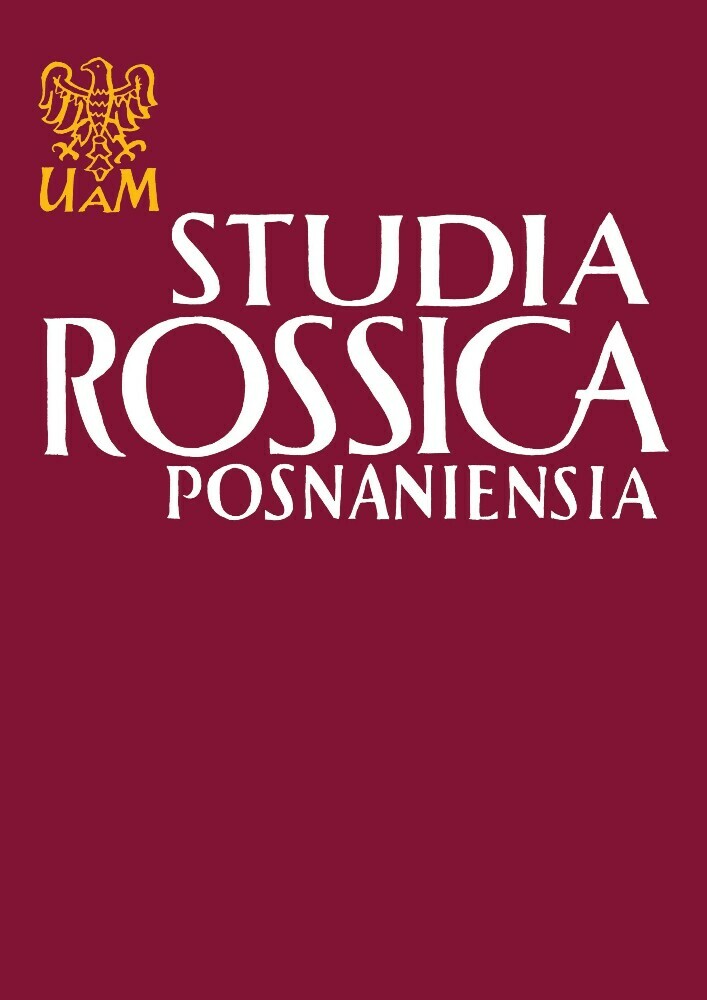Abstract
While studying a movie novel, one receives the opportunity of tracing the reverse process: the process of the “text on the screen” being turned into the “text on paper”. This seems to become even more interesting considering the fact that cinema is a synthetic art form, where the patterns which affect all the senses of perception are used to create the audio-visual image. When it comes to words, naturally, in the cinema one mostly hears them. The word is, of course, one of the most important means of transferring information, yet not the principal one. In this way literature is entirely different from cinema, as it uses only one way of transferring information (visual – if it is a paper-based book, and auditory – in case one is dealing with an audio-version). Consequently, the process of making a movie novel is connected with converting information from one form into the other. In addition, there is the question about the peculiarities of movie novel poetics considering the fact that the general contents are known to the recipient and, what is more, were perceived with the help of the other senses.Lizenz
Copyright
© 2012 Uniwersytet im. Adama Mickiewicza w Poznaniu
OPEN ACCESS
